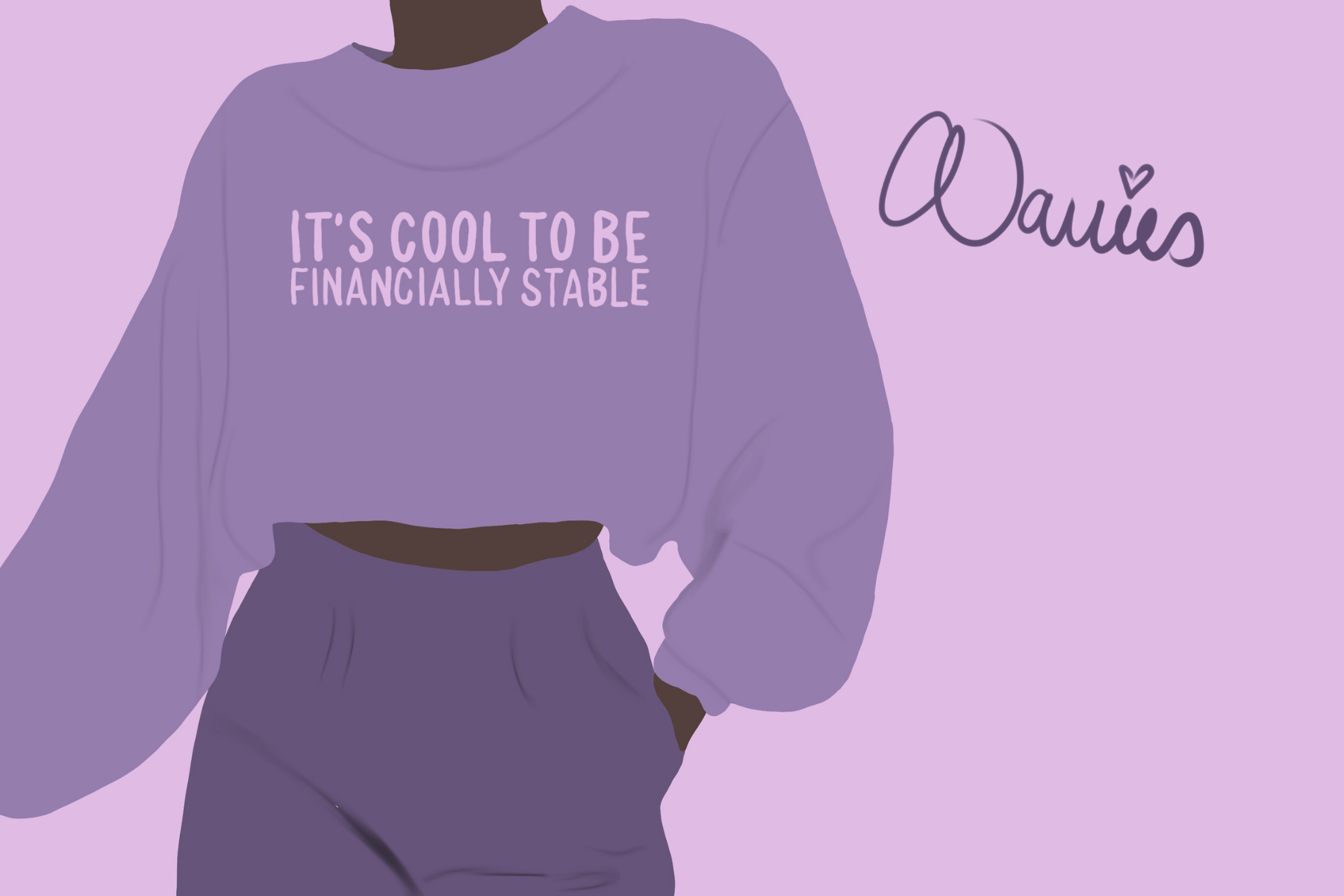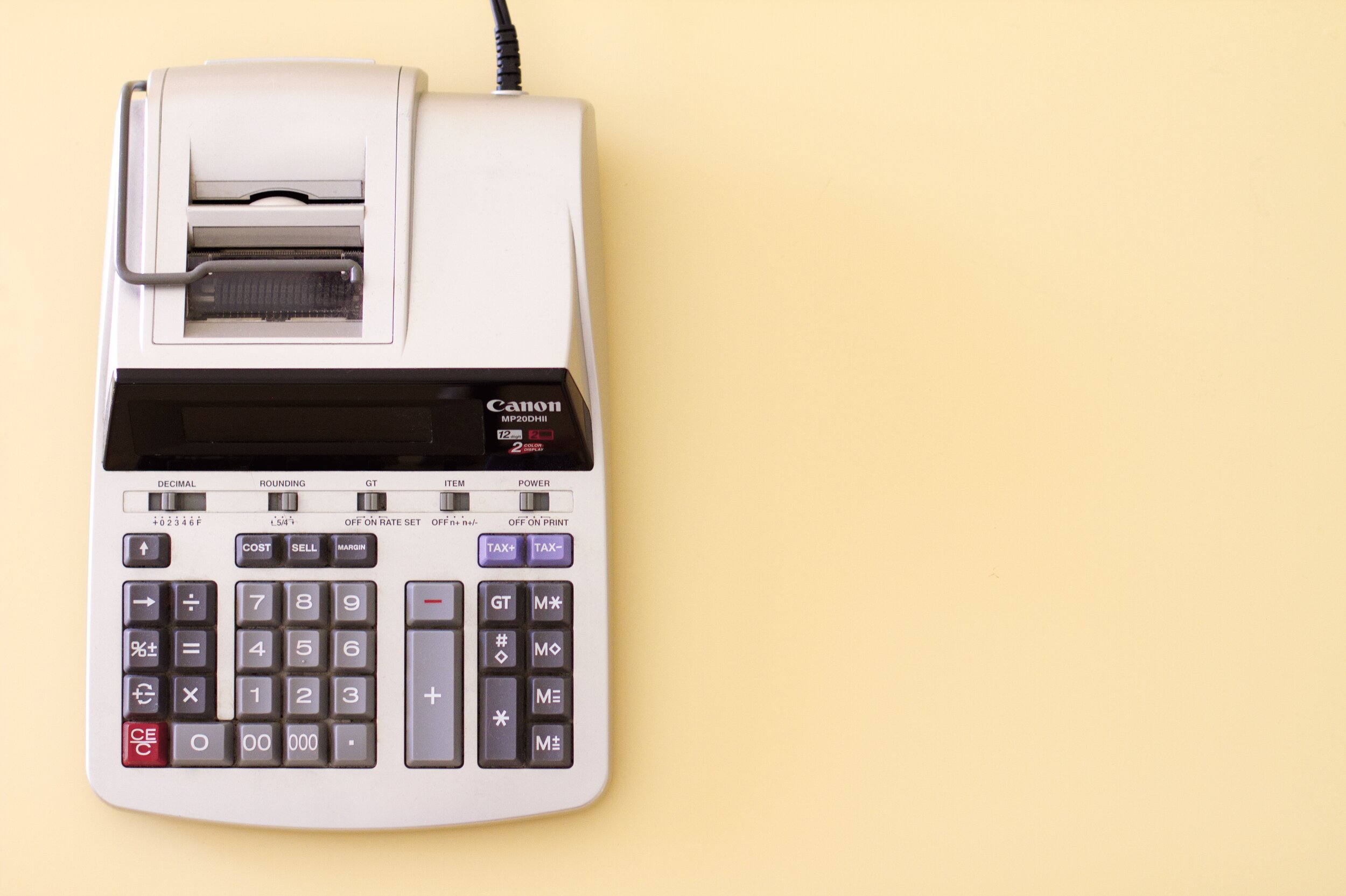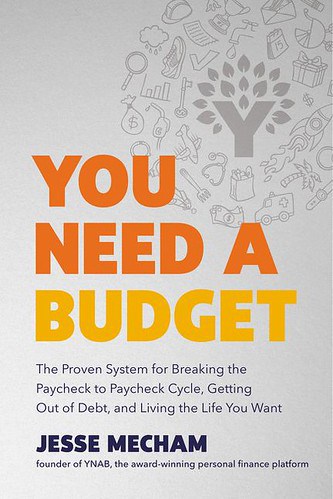Why, what type, and how much?

The new edition of my book Financial First Aid is now available. We discuss the importance of emergency funds, and how to prevent financial disasters.
You’re not the only one who has experienced a time when money was tight and you had to scramble to pay an unexpected bill. A Pew Research Center survey revealed that only 47% Americans had enough emergency funds for three to six month’s expenses.
It’s common to not have an emergency fund. However, you should prioritize this task to ensure your success. You could lose your progress in an instant, regardless of how hard you work with your money.
WHAT IS AN EMERGENCY FUNDS?
You may or not be able to relate to the five instances I have had to withdraw money from my emergency fund:
- My first car accident
- Costs of closing my first home
- An unexpected home repair
- Unanticipated tax bills
- Job losses from COVID-19
I have also thought that an emergency fund could have saved me from stress and helped me to escape a debt cycle sooner.
My manager sexually harassed me at a previous job. It was the first “big girl job”, and every day and night I felt like I was fighting. From inappropriate texts to awkward private meetings, it felt like I was stuck in a job that I could not leave. Like many other people facing financial difficulties, I could not leave because I would be unable to pay my bills without the paycheck.
It’s easy for me to choose to have an emergency fund (yes, plural). This is a great way to ensure my financial stability, in addition to saving for retirement.
You can use emergency funds to get out of a job you hate and stop worrying about being thrown back into a debt cycle.
WHAT KINDS OF EMERGENCY FUNDING ARE NEEDED?
There are many types of emergency funds that you can consider. Most financial experts recommend having a fund to cover three to six month’s worth of essential expenses. This is the fund you need to protect yourself from a job loss or a global pandemic.
What about other financial sticky situations that may arise? It is a good idea to have several emergency funds.
A F*ck off Fund
A F*ck Off Fund is one of my favorite emergency funds ( , and I recommend it to all my friends who are in relationships). Paulette Perhach published one of the most insightful personal finance articles that I have ever read. The article was A Tale of a Fuck Off Fund and it forever changed my view of money. This fund was created as a way to protect yourself from financial abuse. Financial abuse occurs when one partner in a romantic or working relationship deprives another of the resources they need to live independently.
This story instantly brought to mind my own experience from my former job. I knew that the only way for me to get out of this job was to return to college. So I could be sure that I would get student loans after I registered for classes. Instead, I would have felt more in control and with less fear if I had created a f*ck-off fund. Now, I always do. It is not a large amount, but having protection feels good. In a way, it’s comforting to know that, if my partner disappeared or left unexpectedly, I could have some cash readily available. This account is a great way to prepare for unexpected events.
An emergency fund for the household
is the second most important emergency fund that you may need. This fund is essential if you own real estate. You may be wondering why you need a household fund when you already have an emergency fund. Can’t you just double dip? Yes, you can. You can. The bottom line, however, is whether it seems worth the risk. You could lose your job at any time, or have a major appliance break down within the same week. You don’t believe me, do you? 2020 is the perfect example where everything seems to happen at once.
I have an emergency fund equal to the cost of my most expensive appliance. A exactly how much money one should save.
Many people may not have enough money to save for three or six months’ expenses. You’re now three months beyond your protective layer if you have three months of savings. If you have six months of savings, you are nearing the end. How can you choose the amount of money that you should put aside for an emergency fund with accuracy? There is no perfect answer. It might be a matter of risk tolerance.
Risk tolerance plays a major role in how you manage your portfolio. Investors with a more conservative or lower investing style may sell their stock as soon as they see the market begin to fall, as they are afraid of a significant loss. Those who are more comfortable with taking risks may be more willing with their investments.
For me, calculating how much debt I would be willing to take on if my emergency fund ran out is a sensible thing to do, especially in unpredictable times.
You can challenge yourself by living on your basic budget for a few months to determine how comfortable you feel.
The time to start saving for unexpected expenses is now. It might be too late if you wait.










+ There are no comments
Add yours